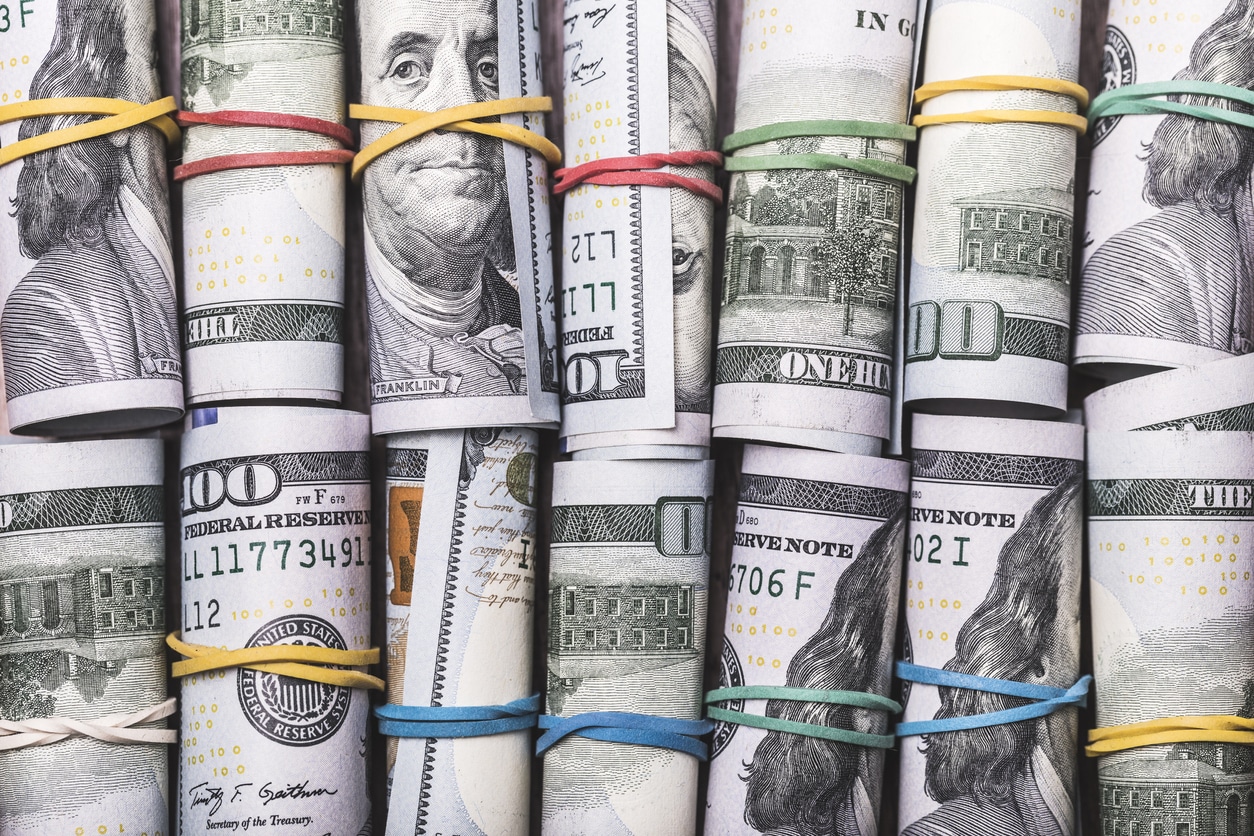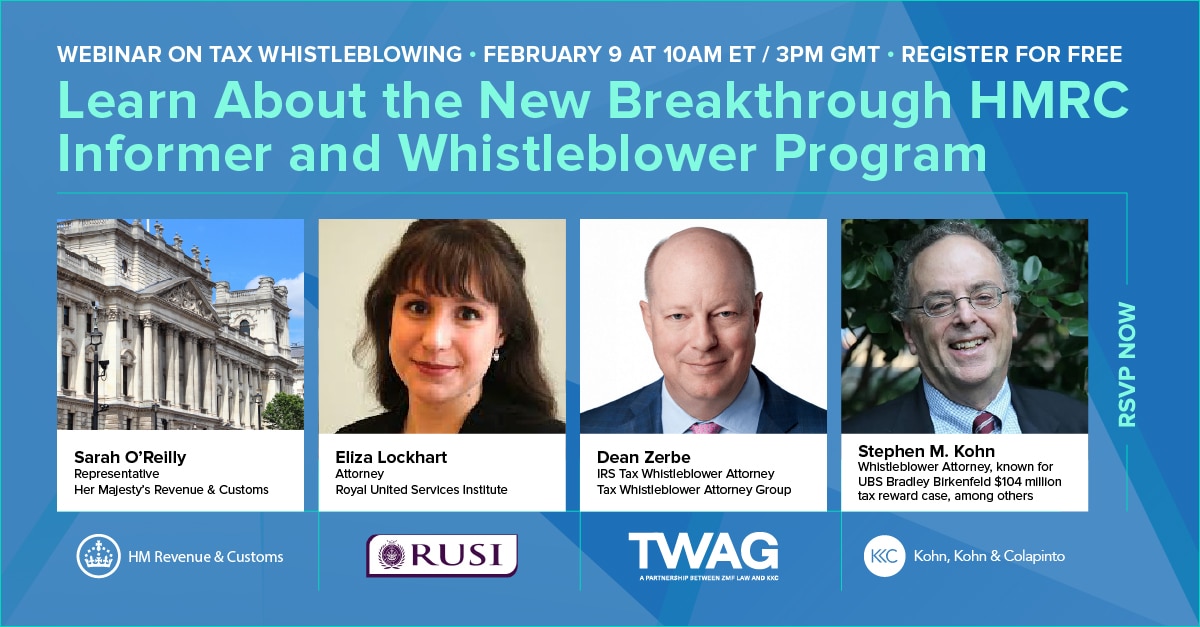Treasury Department’s Anti-Money Laundering Whistleblower Rulemaking Pivotal to Fight Against Corruption

On March 28, Stephen M. Kohn, a founding partner of the whistleblower law firm Kohn, Kohn & Colapinto (KKC) and Chairman of the Board of the National Whistleblower Center (NWC), sent a detailed letter to the U.S. Department of the Treasury outlining recommendations for rulemaking for the Treasury’s recently established Anti-Money Laundering (AML) Whistleblower Program. Kohn has extensive experience working with whistleblowers who have reported AML crimes, including the leading whistleblower in the $230 billion dollar Danske Bank money laundering scandal.
The AML Program was established with the passage of the Anti-Money Laundering Act of 2020 on January 1, 2021. The program, which is largely modeled off the highly successful SEC Whistleblower Program, aims to incentivize insiders with knowledge of money laundering to blow the whistle to the Treasury Department by offering anti-retaliation protections and monetary awards. To date, however, the Treasury has failed to propose any regulations implementing the program, which, according to Kohn, “has created confusion and uncertainty about whether whistleblowers should use this law and has prejudiced whistleblowers who want to take advantage of the law’s confidentiality provisions but are unaware as to how to file a confidential complaint.”
In his letter, Kohn explains why an effective AML Whistleblower Program needs to be a priority of the Treasury Department. He notes that the Biden-Harris Administration’s United States Strategy on Countering Corruption “mandates that the Treasury Department, among other agencies, work with whistleblowers and other non-governmental actors to fight money laundering.” Kohn therefore sees the AML Whistleblower Program rulemaking process as a pivotal moment in the United States’ fight against corruption.
Kohn then offers specific recommendations for rules for the AML Whistleblower Program based upon the rules of the SEC Whistleblower Program. These include creating strict deadlines for making award decisions, permitting an internal administrative appeal whenever a reward is denied, establishing a user-friendly whistleblower office with an informative website, and executing a Memorandum of Understanding with the IRS Criminal Investigations division granting IRS CI investigatory authority (or joint authority) over all money laundering cases.
Latest News & Insights
February 16, 2026
January 27, 2026





